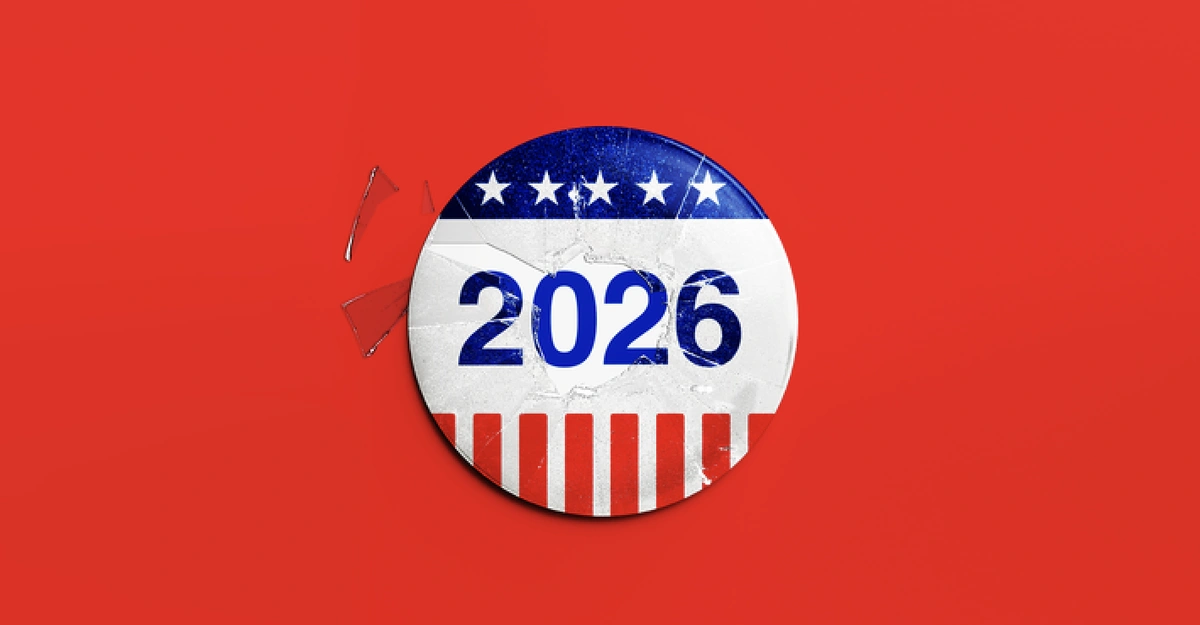Copyright CNET

For many folks, the holiday season means traveling. There’s a lot to pack, including your toothbrush, snacks and noise-canceling headphones for a crowded airport terminal. But if a virtual private network isn’t on your checklist, it should be -- and because you can simply download a VPN on your devices, it won’t even take up any extra room in your carry-on or suitcase. I first started using a VPN when I was traveling abroad in undergrad, and whether I’m streaming movies at home or connected to Wi-Fi at a local coffee shop, I keep a VPN in tow. From foundational privacy to unblocking streaming content and staying safe on public Wi-Fi, here are all the reasons you should add a VPN to your app arsenal before embarking on holiday travel. VPNs keep your browsing, streaming and downloading private When traveling, privacy may be a critical consideration. Whether you’re in a hotel, Airbnb or someone else’s home, you might not be comfortable with the internet service provider or network administrator of the Wi-Fi network you’re connected to having access to your online activity. A VPN encrypts your traffic, preventing your ISP from seeing what apps you use or websites you visit. Likewise, while connected to a VPN, apps and websites can’t tell who your internet service provider is. If you want to check your email, stream movies and shows or download files like torrents all without your internet provider watching, you’ll want to use a VPN. VPNs can provide peace of mind on public Wi-Fi While traveling, I find myself using public Wi-Fi networks regularly -- at an airport terminal, a coffee shop and even on an airplane. The internet provider or network administrators can view your internet activity, so I typically use a VPN to keep my web browsing, streaming and downloading private. Plus, a VPN can protect you from some threats on compromised Wi-Fi networks, like adversary-in-the-middle attacks. Luckily, public Wi-Fi isn’t the danger that most VPN companies would have you believe it is -- but using a VPN on unsecured wireless internet networks can offer some helpful privacy and security benefits. Since VPNs are privacy tools rather than security apps, I recommend a comprehensive cybersecurity strategy. You should be using a VPN, antivirus software (there are great free antivirus programs), a password manager and common sense. You can access region-restricted streaming content using a VPN A VPN can make it look like you’re in a different city, state or country based on the server you’re on, which helps you access region-restricted content while traveling domestically or internationally. Many streaming services, like Netflix, Amazon Prime Video, HBO Max and Disney Plus, show different content based on your location. Other apps, such as BBC iPlayer and CBC Gem, are limited to one or a handful of countries. If you stream a lot of movies and TV shows, check out the best VPNs for Netflix and Amazon Prime Video. While on a holiday outside of the country, you can keep streaming films or TV shows from your favorite apps using a VPN. Simply connect to a server in your preferred country, fire up the app or website you want to stream from and try playing a video. A VPN could even be handy for accessing geographically restricted content within your home country. For instance, many local sports matches are broadcast on local affiliate TV stations. Therefore, if you’re in a different state but want to watch your favorite football or basketball team, you may need to try streaming with a VPN to make it look like you’re in their home city or state. A virtual private network could help you avoid throttling Some mobile phone companies throttle, or slow down, your video streaming quality while you’re on a cellular signal, which saves them bandwidth and money. Your video signal could be downthrottled to as low as 480p, which is the same quality as a DVD. Sure, phone screens may be smaller than TVs or projector screens, but most modern smartphones feature high-resolution displays (for example, the iPhone 17 display has a resolution of 2,622x1,206, and the Samsung Galaxy S25’s resolution clocks in at 2,340x1,080), so a low-resolution video can look grainy. Thankfully, a VPN can bypass throttling restrictions. With a VPN enabled, your cellphone company can’t tell what internet-connected services -- like apps and websites -- you’re using. While you’re streaming a movie from Netflix on your phone over a cellular signal with a VPN on, your wireless carrier can’t tell that you’re watching a video, and thus won’t be able to throttle your connection, allowing you to watch in high quality. A VPN may help you bypass censorship Depending on your destination, some websites or apps may be blocked due to factors like your geographical location or internet network settings. If you’re having trouble accessing certain online content, a VPN might help. By enabling your VPN, you may be able to circumvent censorship and access restricted content, like websites or streaming videos. But before doing so, make sure that you’re not breaking any laws or terms of service. Notably, VPN traffic in certain countries or on some internet networks may be blocked. If so, you may need to try obfuscation, which tries to mask your VPN usage. Some VPN providers offer obfuscated servers or even obfuscation-centric VPN protocols (like NordVPN’s NordWhisper or Proton VPN’s Stealth). While obfuscation isn’t foolproof, it may let you slip through firewalls. These are the best VPNs for travel When you’re picking out a VPN for travel, you’ll want to pick a provider with an extensive international server network -- look for thousands of servers in 100-plus countries. NordVPN is the best VPN for travel overall, offering 8,000-plus servers in 126 countries and the fastest speeds of any VPN we benchmarked. Proton VPN is the best free VPN for travel. The zero-dollar tier limits you to connecting on one device at a time and doesn’t let you pick a server manually, but Proton doesn’t sell your data or bombard you with ads, so you don’t sacrifice your privacy unlike with many other free VPNs. If you need more servers and greater flexibility in how you connect, Proton VPN’s paid plan is a good upgrade path. ExpressVPN offers servers in all 50 US states, making it an excellent choice for traveling to and within the United States.



